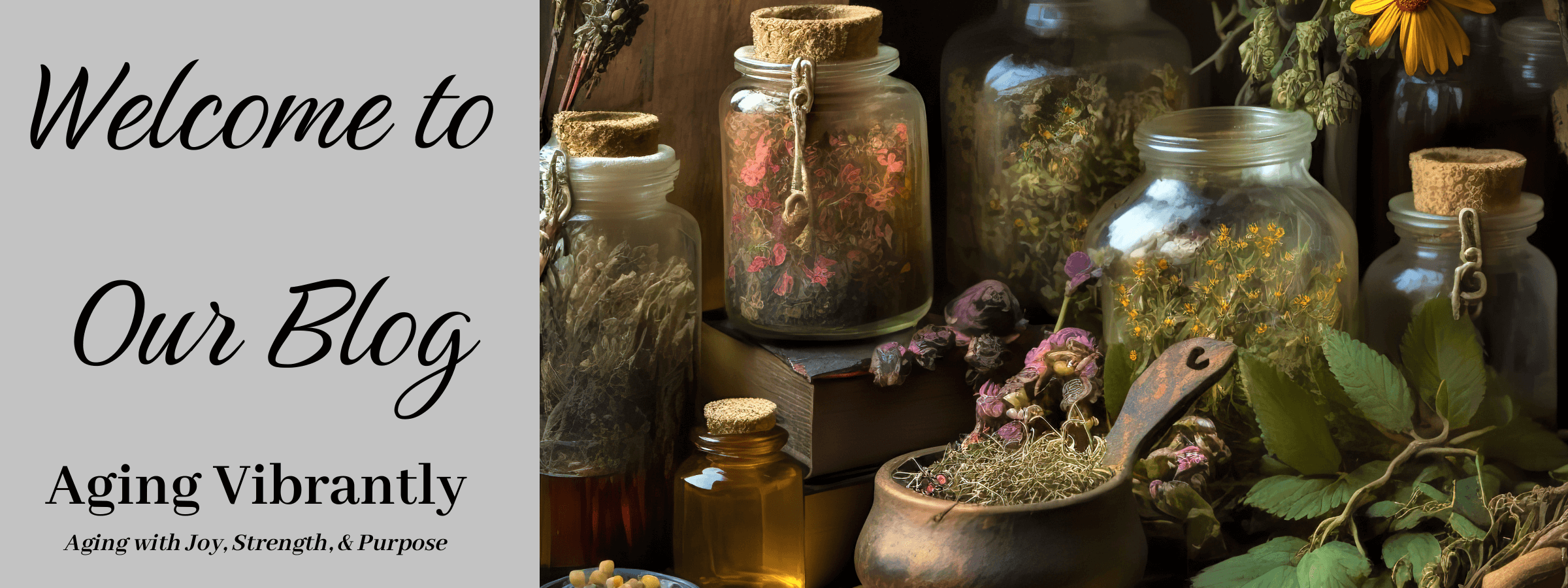
Strengthen connections with adult children, friends, and loved ones—without stress or guilt
As we move into the second half of life, relationships often take on new layers of complexity. We may find ourselves shifting from being needed constantly to seeking balance with adult children, managing caregiving responsibilities, or navigating friendships that have changed over time.
Through all these transitions, one truth remains steady: healthy boundaries are essential for healthy aging. They protect our emotional, physical, and spiritual well-being while creating space for deeper, more fulfilling connections.
What Are Healthy Boundaries?
Boundaries are not walls that shut people out—they are guideposts that help us protect what matters most. Healthy boundaries allow us to say yes to relationships that bring joy and no to things that drain us.
- Rigid boundaries shut people out and lead to isolation.
- Porous boundaries allow others to overstep, often leaving us resentful or exhausted.
- Healthy boundaries create mutual respect, trust, and peace.
Why Boundaries Matter More After 55
Life after 55 often brings new relational dynamics:
- Adult children stepping into independence—or sometimes relying too much on us.
- Caregiving for a spouse, aging parents, or grandchildren.
- Friendships shifting due to retirement, relocation, or health challenges.
- The need to preserve our energy for physical, emotional, and spiritual well-being.
Without boundaries, these relationships can become sources of stress instead of joy. With them, they flourish.

The Benefits of Healthy Boundaries
- Less stress and resentment – You protect your energy instead of overextending.
- More meaningful connections – Relationships grow stronger when built on respect.
- Greater peace of mind – You feel free to live with purpose, not obligation.
- Stronger self-worth – You honor your needs as much as the needs of others.
How to Set Boundaries with Confidence
Here are a few practical steps:
- Know your values and limits. Pay attention to what feels draining versus what brings joy.
- Communicate clearly. Say what you need in a calm, respectful tone.
- Use “I” statements. For example: “I need quiet time in the mornings” instead of “You always wake me up too early.”
- Stay consistent. Boundaries only work if you uphold them kindly but firmly.
- Start small. One healthy boundary at a time builds confidence and momentum.

Boundaries in Key Relationships
- With Adult Children: Support them, but avoid rescuing or over-functioning. Give advice when asked and allow them to make their own choices.
- With Friends: Invest in friendships that uplift and encourage you. Limit time with relationships that feel toxic, draining, or one-sided.
- With Aging Parents: Be clear about what you can realistically do as a caregiver. Saying no to burnout is saying yes to sustainability.
- With a Spouse/Partner: Communicate openly about individual needs and respect each other’s rhythms—this deepens intimacy rather than diminishes it.
Faith and Boundaries
Scripture reminds us to “guard your heart, for everything you do flows from it” (Proverbs 4:23). Boundaries are a form of stewardship—protecting your God-given energy, health, and peace so you can love others well.
Boundaries are not about selfishness. They are about balance, grace, and truth working together in relationships.
Overcoming Guilt
Many of us, especially caregivers and nurturers, feel guilty when we set limits. But remember:
- Saying no to overcommitment is saying yes to health.
- Boundaries help relationships grow in respect and honesty.
- Healthy boundaries are an act of love—for yourself and others.

A Simple Next Step
Take a few minutes today to reflect:
- Where in your life do you feel drained or resentful?
- What one small boundary could you set this week to bring more peace?
- Share your decision with a trusted friend or write it in your journal for accountability.
Conclusion
Healthy aging isn’t just about taking care of our bodies—it’s also about nurturing our relationships. Boundaries help us honor our time, energy, and spirit while strengthening connections with the people we love.
You don’t have to live with stress, guilt, or resentment. With healthy boundaries, you can embrace this season of life with more peace, purpose, and joy.
👉 Reflection Question for You:
Where do you most need a boundary in your relationships today—with adult children, friends, a spouse, or parents?
Where do you most need a boundary in your relationships today—with adult children, friends, a spouse, or parents?
Please share how you have developed boundaries or ask your questions about establishing them. Join our community.
Stay connected with us and other fellow Vibrant Agers!






















0 Comments